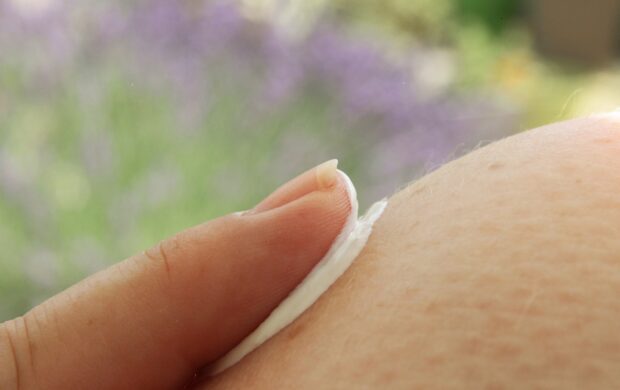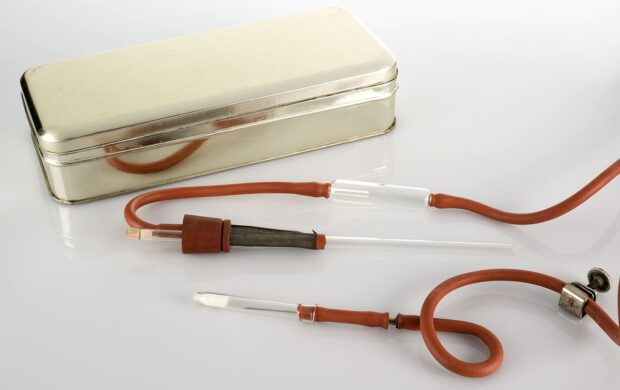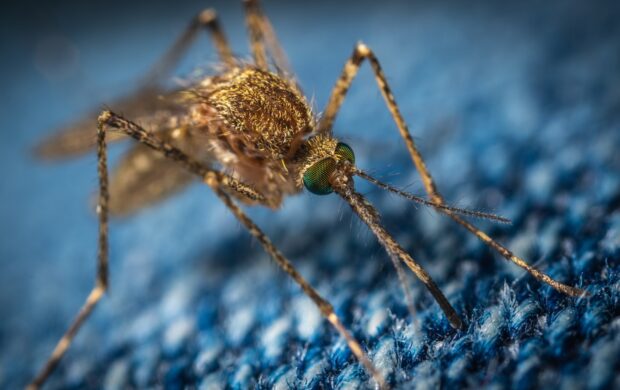Two researchers from the University of California have developed a technique for creating personalised probiotic cream made from bacteria that come from the person’s own skin to treat eczema.
There are multiple factors that lead to the skin condition but evidence suggests that an overabundance of the bacteria Staphylococcus aureus in the human microbiome contributes, in particular, to inflammation and allergic reactions. Other species of Staphylococcus have been shown to reduce inflammation by producing antibiotics. Widespread on healthy skin but rare on those with eczema, one strain known as A9 is of particular interest for researchers as it produces antibiotics that specifically target S. aureus.
Instead of harvesting the chemicals like traditional methods, the researchers aimed to cultivate the antibiotic-producing bacteria themselves by isolating them from the skin of the patient, then growing them and adding them to a cream. The five volunteers then applied the probiotic cream to one of their arms and within a day, the levels of S. aureus fell by more than 90%.
A larger clinical trial is ongoing in which around 60 patients are applying the skin to measure their effectiveness and to check if they are safe.












